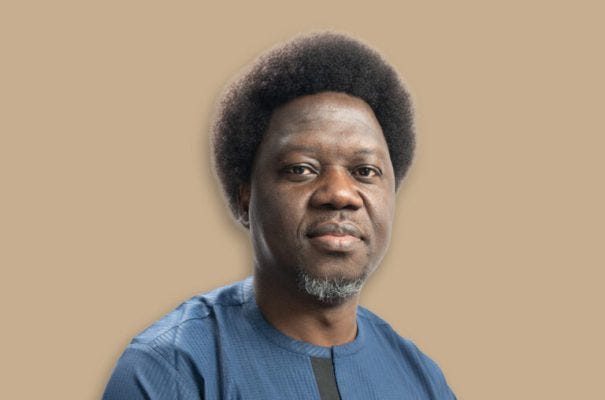Nigerian wins 2025 Dan David Prize in archaeology
By : Oluyemi Ogunseyin
A Nigerian, Abidemi Babatunde Babalola, has emerged as the winner of the 2025 Dan David Prize (award) in archaeology.
According to a report on the official website of the Dan David Prize, Babalola’s work focuses on the intersection between the archaeology of pyrotechnologies and the history of science, technology, and invention in pre-modern West Africa.
The report added that his research has transformed the global understanding of the primary production of glass and challenged the Eurocentric notion of a non-inventive Africa.
“It explores themes of creativity, resilience, specialization, experimentation, survival, political economy, indigenous knowledge systems, science, and techno-identity in pre-colonial West Africa,” the report read in part.
Babalola is an anthropological archaeologist who currently serves as the lead archaeologist on the Museum of West African Art (MOWAA) Archaeology Project, in Benin City, Nigeria, within the British Museum’s Department of Africa, Oceania, and the Americas (AOA).
Prior to his role in AOA, he was a Mellon postdoctoral fellow in the Scientific Research Department of the British Museum, where he focused on the collection of copper alloy objects from the Lower Niger Region of Nigeria.
The report stated that his work represents a significant discovery that unlocks Africa’s creativity in the development of sophisticated technologies, challenging the notion that technologies always emerge from a single location and then spread globally through diffusion.
Instead, Babalola believes it demonstrates that technology is regionally bound and that certain technologies can be developed independently in different places at various times throughout history.
His pioneering work that the chaîne pératoire of pre-15th century locally made glass beads in West Africa (re)centers early West African forest communities in the history and archaeology of the trans-Saharan trading system by redefining their roles within the commercial network. We now understand that forest communities produced and supplied valuable goods, such as glass beads, to regional and long-distance trade networks through what he refers to as “the glass bead roads.”
Between 2016 and 2024, Babalola held several prestigious fellowships, including the Smuts Fellowship at the Centre of African Studies at the University of Cambridge in the United Kingdom, the McMillan Stewart Fellowship at the Hutchins Center for African & African American Research and Postdoctoral Fellowship at the Anthropology department at Harvard University, a postdoctoral fellowship at University College London in Doha, Qatar, and the Marie Curie Sklodowska Fellowship at the Cyprus Institute in Cyprus.
He is also the director of the Archaeology of Glass project in Ile-Ife, Nigeria, and served as a principal investigator on a British Museum (Arcadia) Endangered Material Knowledge Grant project on the digitization of glass/glass bead-making: use, meaning, and symbolism in Ile-Ife, Southwestern and Bida Central Nigeria.
Babalola is currently working on a mobile exhibition titled “Science, Technology, and Invention in the Empire of Ile-Ife”, which will travel to major cities in Southwest Nigeria.
He has published extensively in well-known academic journals, including the African Archaeological Review, Journal of Black Studies, Journal of Archaeological Science, International Journal of African Historical Studies, Post Medieval: Journal of Medieval Studies, Journal of African Archaeology, and Azania: Archaeological Research in Africa.
Babalola has received several awards in recognition of his contributions to the advancement of knowledge to the human past. The awards include the Shanghai Archaeology Forum Discovery Award (2019), the World Archaeology Congress (WAC) Blaze O’Connor Award (2022), and the Conservation and Heritage Site Award from the Archaeological Institute of America (AIA) (2025). He was a contributor to the award-winning book “Caravans of Gold, Fragments in Time: Art, Culture, and Exchange across Medieval Saharan Africa” and contributed to “Africa: The Definitive Visual History of a Continent”.
He earned his PhD from Rice University in Houston, Texas, USA. He also holds MA and BA degrees from the Department of Archaeology and Anthropology at the University of Ibadan in Ibadan, Nigeria.
GUARDIAN Newspapers



